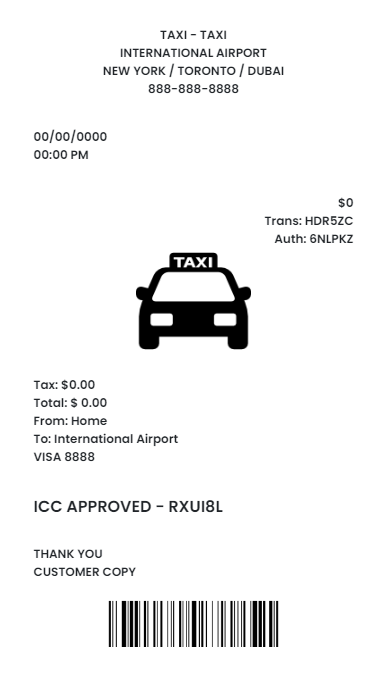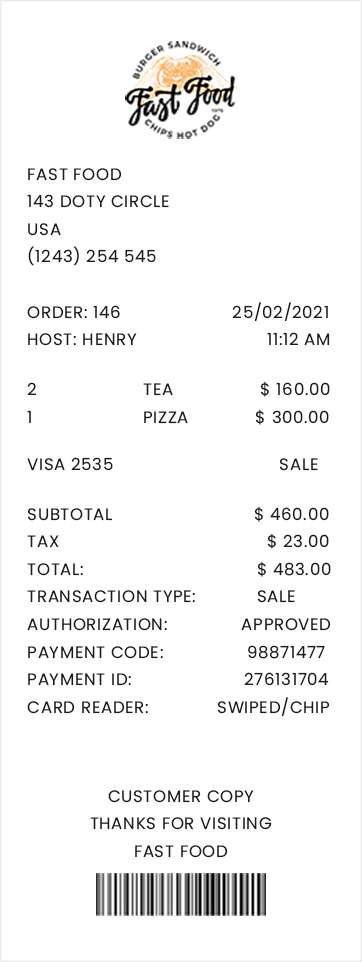Exploring Online Tools: Creating Fake uber Receipt Template for Various Needs | |
|
The advent of internet tools for fabricating false receipts and templates has become a worrying trend at a time when digital transactions rule the day. Phrases such as "free fake receipt maker," "gas receipt maker," and "template for fake Uber receipt" are becoming more and more connected to these dishonest activities. By examining the darker side of the internet, this essay highlights the dangers and repercussions of accessing these resources. make fake receipt Some people may find it alluring to use a "fake receipt maker free" programme that offers a quick and cost-free way to create receipts. But using these technologies has considerably more consequences than just their seeming ease of use. These instruments frequently draw those who want to inflate costs for their benefit or to trick others. This group includes phoney Uber receipt templates and gasoline receipt producers, which enable users to fabricate invoices and misrepresent financial activity. It's important to understand that engaging in such activities presents ethical issues and severe legal repercussions because fabricating false receipts is deceitful.
Navigating the Shadows: The World of Fake Receipt Makers and Templates False receipts jeopardise the integrity of financial transactions and have far-reaching ramifications for organisations and individuals. For example, utilising phoney Uber receipt templates defrauds the corporation of its profits and misleads customers who depend on precise records for reimbursement. Comparably, using petrol receipt generators enables people to falsify their spending, which may result in tax evasion or false claims. These immoral actions undermine the confidence that exists between customers and service providers and further weaken the financial system as a whole. fake receipt maker free Although making fictitious receipts for personal use may seem like a victimless crime, there may be severe repercussions. Financial records must be kept valid and accurate for people and companies alike. For instance, petrol receipt makers may be abused to inflate company spending, which might result in tax fraud. Similarly, using phoney Uber receipts might jeopardise the accountability and trust essential to services like Uber. Beyond the potential immediate repercussions of having their account suspended or banned, law enforcement officials are not fond of fraudulent activity, and anyone found using false receipt templates may be subject to penalties and legal action.
Using fake receipt manufacturers can have wider cultural repercussions than legal ones. The public's confidence can be damaged, and the frequency of fraudulent activity can compromise financial institutions' integrity. It gets harder for authorities and regulators to adequately monitor and control financial transactions when people and businesses engage in dishonest behaviour. Ultimately, this can result in less overall economic development and stability. Therefore, to preserve the system's integrity, people and organisations must prioritise moral and honest business practices while preserving their financial records. In conclusion, the accessibility of resources such as templates for Uber and petrol receipts and 'fake receipt creator free' highlights the necessity of increased caution and knowledge. In addition to jeopardising one's financial and personal integrity, dishonest behaviour contributes to a general decline in trust in online transactions and platforms. People should know the moral and legal ramifications of forging templates and receipts since the dangers greatly exceed the potential advantages. Being responsible online becomes crucial as we traverse the digital terrain to create a safe and secure user environment. | |
 |

